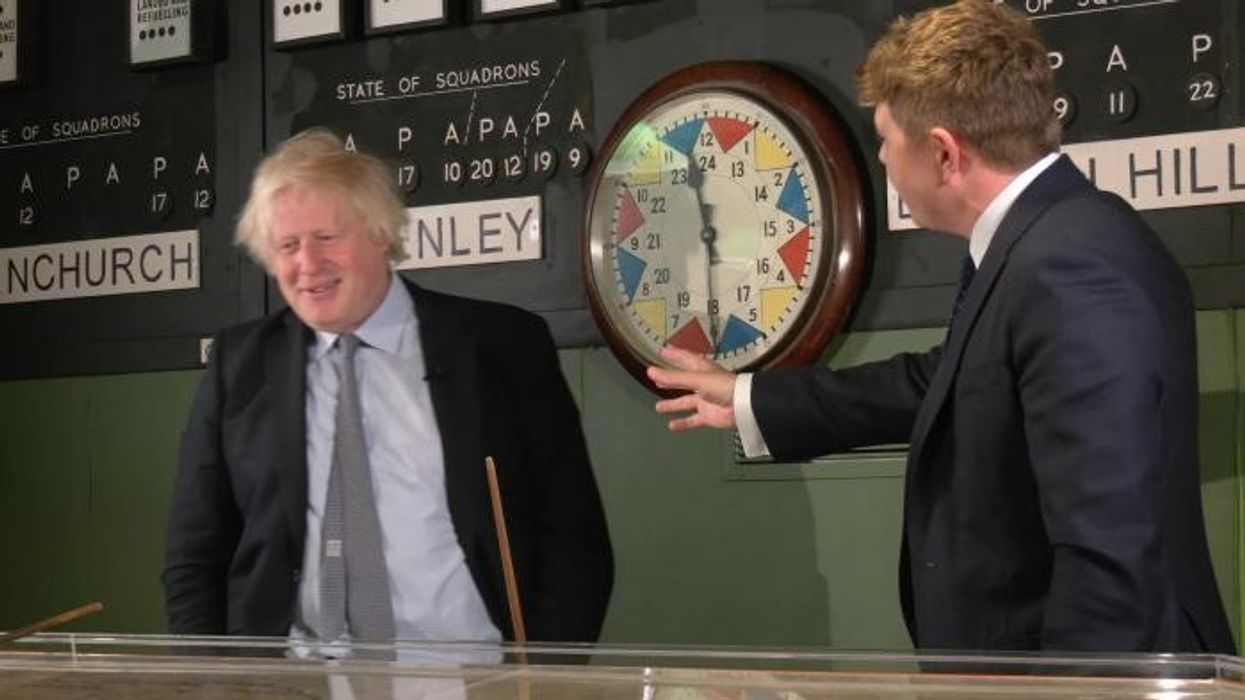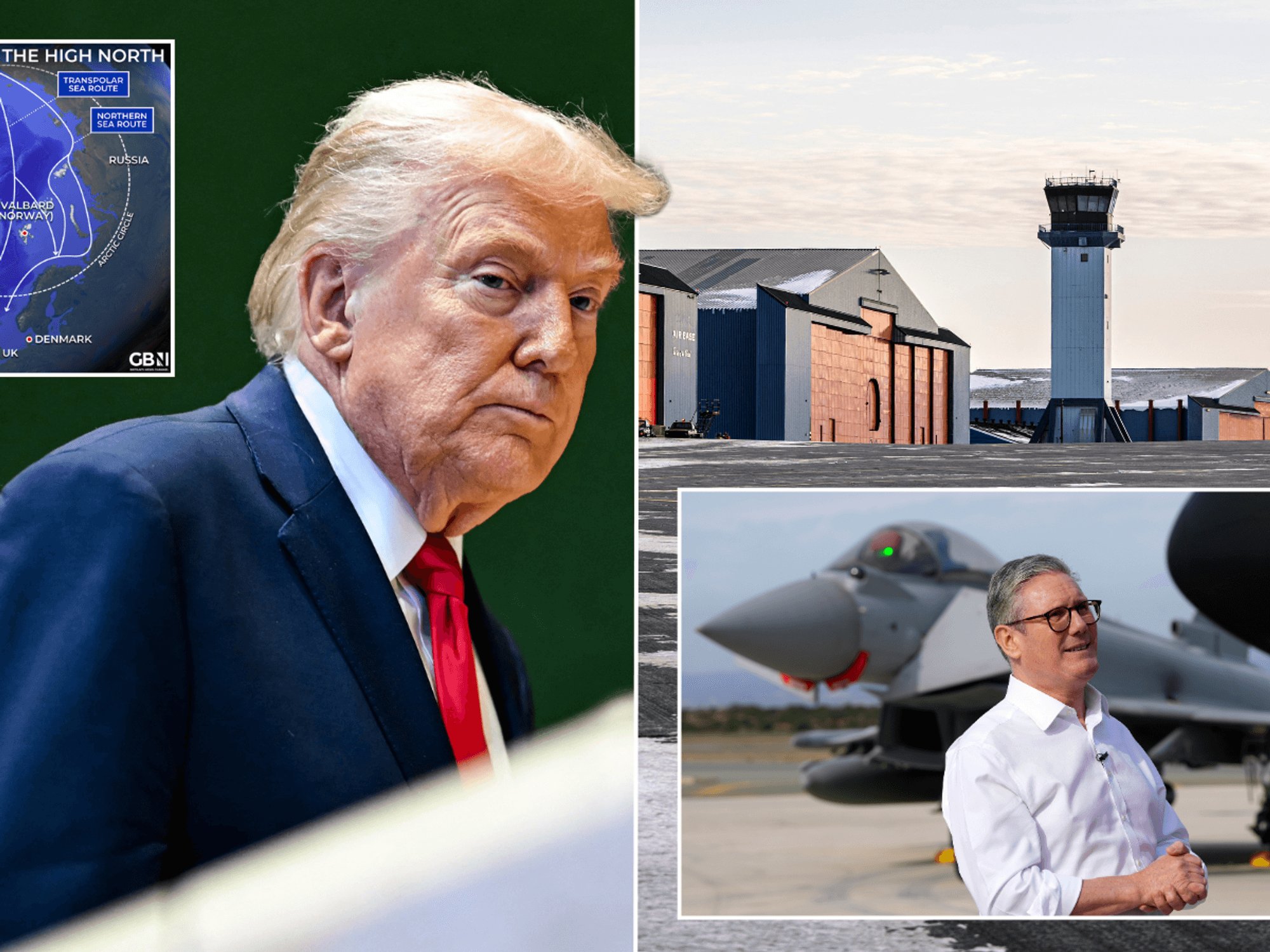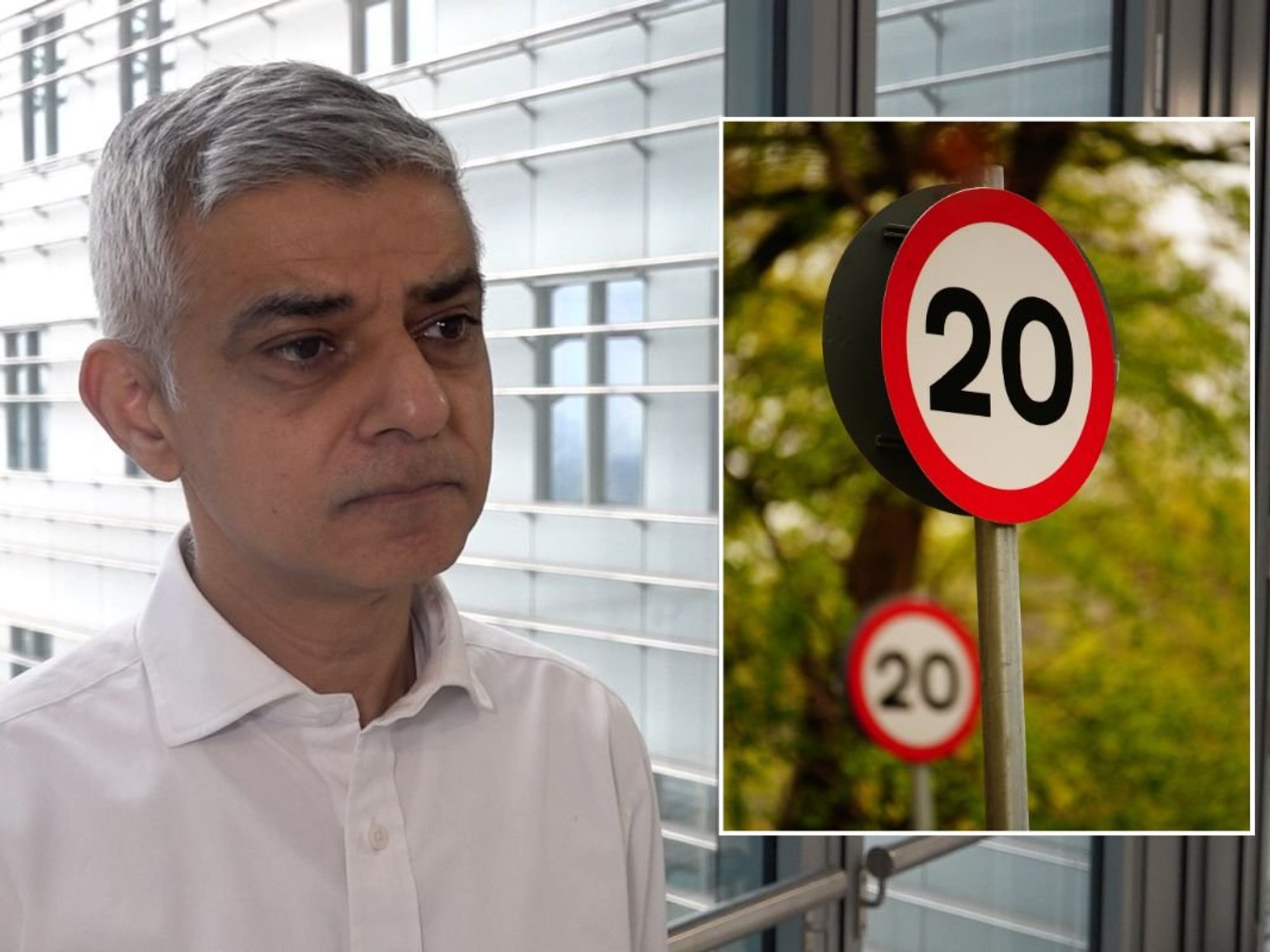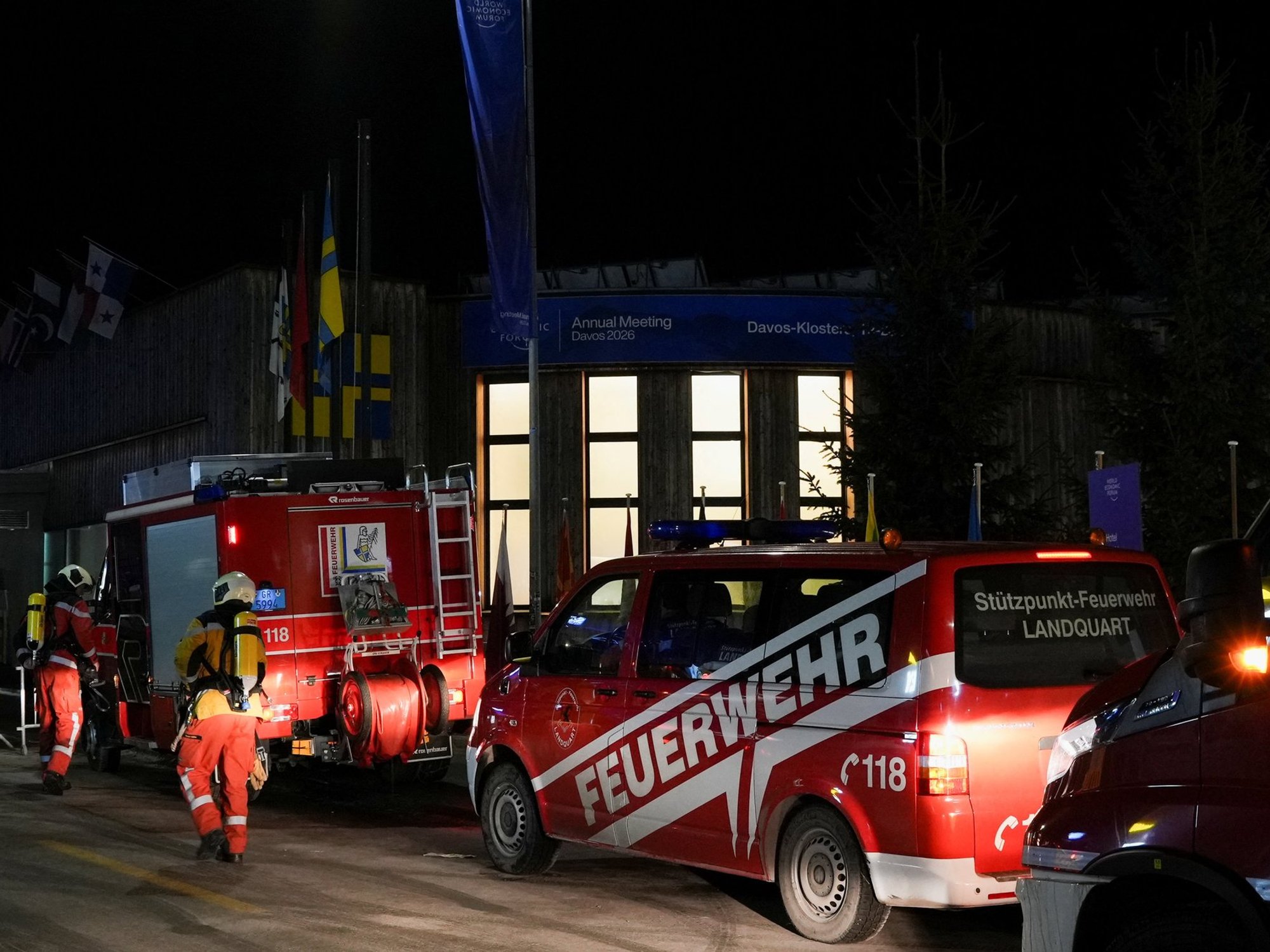Keir Starmer's US trade deal means gambling with the future of British farmers - James Wright
OPINION: A lack of detail and wavering standards leave UK agriculture exposed in a high-stakes transatlantic deal, says James Wright.
Don't Miss
Most Read
Trending on GB News
We probably don’t quite know what to, and that’s because Labour doesn’t either. In truth, what’s been announced is an agreement in principle, light on detail and heavy on politics. And if you're a British farmer or business owner, you’d be right to raise an eyebrow before raising a glass.
Donald Trump’s press conference last week gave the whole thing an air of triumph, at least on his terms. He suggested the UK and US would enjoy equivalence of standards on food production, casually referencing the possibility of British imports of hormone-treated beef. In the very next breath, he said Robert F. Kennedy Jr. was working to ban those production methods in the US. If you think being a British farmer is confusing, imagine being an American one.
The timing of the deal caught everyone off guard. According to reports, Trump phoned Keir Starmer on Monday night asking for access for US ethanol and pork. Starmer, who was watching the football with his team, called him back later to say yes to ethanol, but no to pork. That may sound like diplomacy on the fly, but it has very real consequences on the ground here in the UK.
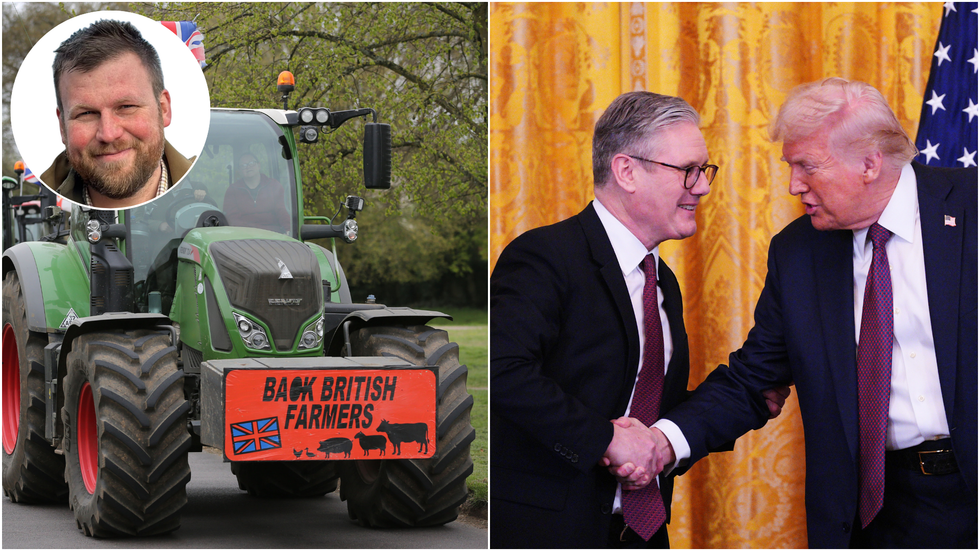
Keir Starmer's US trade deal means gambling with the future of British farmers - James Wright
|GB News/Getty Images
Take the bioethanol sector, a strategically vital part of our domestic fuel supply chain. The operators of the UK’s two largest bioethanol plants, Ensues on Teesside and Vivero near Hull, have issued a stark warning: this deal, as it stands, poses an existential threat to their businesses and the hundreds of jobs they support. Paul Kenward of ABF Sugar and Grant Pearson of Ensues praised Starmer’s leadership in securing the deal but made it clear that unless action is taken to protect domestic production, the UK risks losing this sovereign capability.
We shouldn’t be blind to the positives for the sake of it. Tariff relief for UK steel and car exports is welcome and overdue. These industries have been hammered by years of indecision and global competition. This deal gives them breathing space. And in fairness, it’s encouraging that we’re the first country to sign a bilateral deal under the new US trade regime — that says something about the UK's potential global role post-Brexit.
But it’s also a warning: we’re at the beginning of a long negotiation, not the end of it. The US Agriculture Secretary is in London this week. She proudly champions American farmers and their produce. If the UK is going to hold the line on food safety, animal welfare, and environmental standards, then she’ll be asking City Steve, Labour's Croydon-based Farming and Environment Minister, to open more doors.
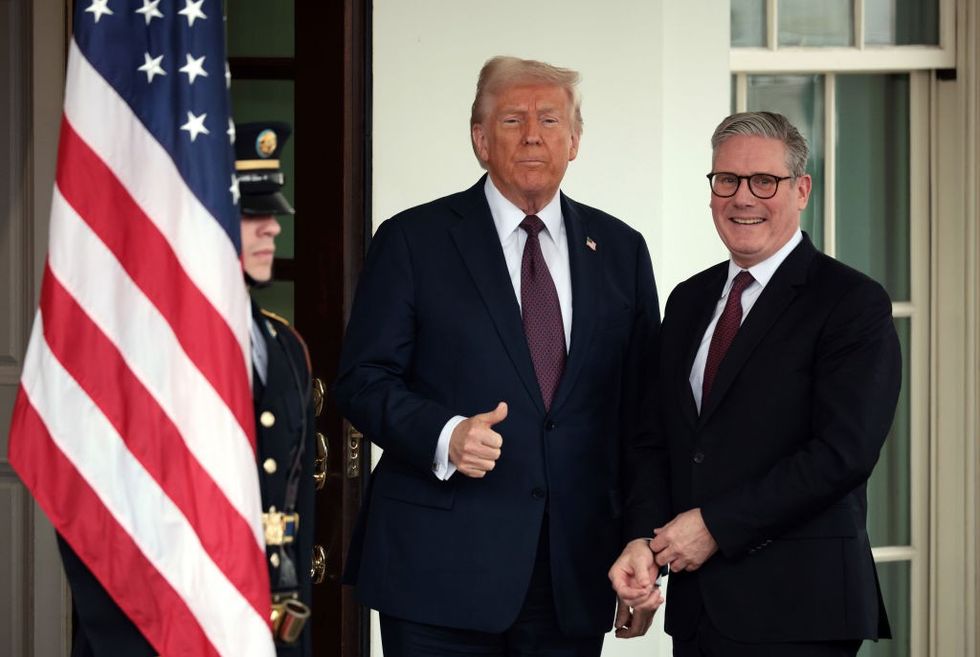
OPINION: A lack of detail and wavering standards leave UK agriculture exposed in a high-stakes transatlantic deal, says James Wright.
|Getty Images
As a beef and sheep farmer, I can see the potential for mutual benefit of access for both countries. But British farmers have every right to demand a level playing field. We already operate to some of the highest welfare and environmental standards in the world. Trade deals should reward that, not undercut it.
So what does this mean for British agriculture? Not much yet. But it could mean a great deal — for better or worse — depending on what comes next. Farming is a long-term game. We'll be here for a long time. Keir Starmer and City Steve won’t. We can’t let politicians trade away farming for short-term wins.
More From GB News


